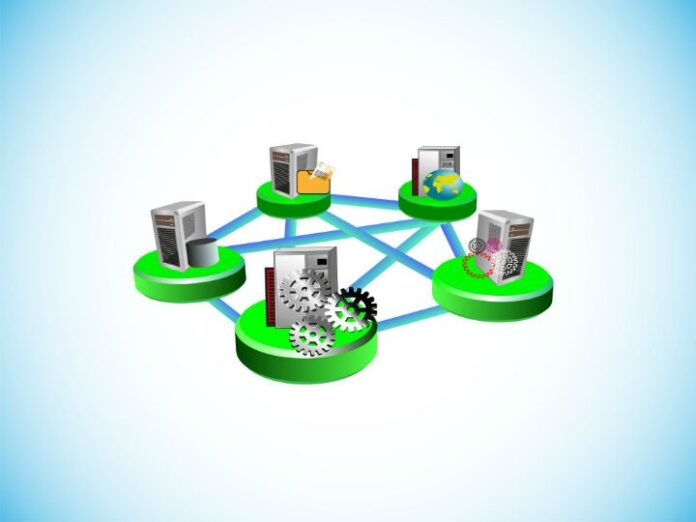Enterprise devops tools are quickly gaining interest as companies look to streamline their operations and gain efficiency
Enterprises are increasingly turning to development operations models in order to drive further efficiency across their organization. But, to make these devops moves requires having tools and processes in place to provide an organized path through deployment.
Luckily, the market is rapidly evolving to support these moves, with vendors aggressively moving to provide companies with platforms and tools in order to make the transition.
Gartner last year said the market for devops toolsets hit $2.3 billion in 2015, a 21.1% increase compared with the previous year. The firm said this year would see an evolution of devops from a “niche strategy employed by large cloud providers to a mainstream strategy employed by 25% of Global 2000 organizations.”
“Predictably, devops-ready tools have seen and will continue to see the largest growth potential,” Gartner noted. “These tools are specifically designed and built with out-of-the-box functionality to support the described devops characteristics and traits. Most devops-enabled and -capable tools currently exist as part of the larger IT operation and development toolbox; however, with time to value as a critical demand factor from clients, emphasis in support of devops has transformed how these tools are positioned and perceived in the marketplace.”
While there are dozens of recognized devops tools available for dozens of different enterprise devops needs, three tools mentioned by many include Docker, Puppet and Vagrant.
Docker
Docker claims its open source-based containers “wrap up a piece of software in a complete file system that contains everything it needs to run: code, runtime, system tools, system libraries – anything you can install on a server. This guarantees that it will always run the same, regardless of the environment it is running in.” Docker said this allows for quicker developer onboarding and reduces inconsistencies.
The platform is said to run on all major Linux distributions and Microsoft operating systems “with support for every infrastructure,” which should quell most enterprise deployment concerns. Docker customers include Swisscom, Eurecom, eBay and Uber.
Puppet
Portland, Oregon-based, Puppet, founded in 2005, and now employing more than 400 people, claims its platform is ideal for automating the delivery and operation of the software “that powers everything around us.” Sure, heady claims, but Puppet does tout more than 30,000 companies, including two-thirds of the Fortune 1000 use its open source and commercial solutions.
Puppet said its Enterprise product includes support for orchestration, automated provisioning, configuration automation, visualization and reporting, code management, node management and role-based access control. Technologies that can be controlled by the platform include Microsoft, F5, Amazon.com Web Services, VMware, Cisco and Docker.
Vagrant
Formed in 2010, Vagrant was initially a side project before gaining full-time support in 2012. The company claims its offering is a tool for building complete development environments, and “with an easy-to-use workflow and focus on automation, Vagrant lowers development environment setup time, increases development/production parity, and makes the ‘works on my machine’ excuse a relic of the past.”
The platform is designed to work on top of technologies such as VirtualBox, VMware and AWS, with provisioning then accomplished by the likes of shell scripts, Chef or Puppet. Vagrant claims benefits for developers, operations engineers and designers, mostly around simplicity gained from working in most computing operating system environments and reducing the need to rewrite code.
As mentioned earlier, there are dozens of other options for enterprises looking for devops tools. While that might appear daunting, as most analysts have noted it’s important for companies looking to take this route to at least get started so as to gain insight and familiarity into how these tools will impact operations.
“Organizations with agile development will be slower to embrace devops across the entire application life cycle,” Gartner noted in its report. “Cultural resistance and low levels of process discipline will create significant failure rates for devops initiatives, particularly when waterfall processes are still a dominant portion of the development portfolio. Nevertheless, a majority of enterprises attempting to scale agile over the next five years will recognize the need for devops initiatives.”
Photo copyright: vallepu / 123RF Stock Photo

